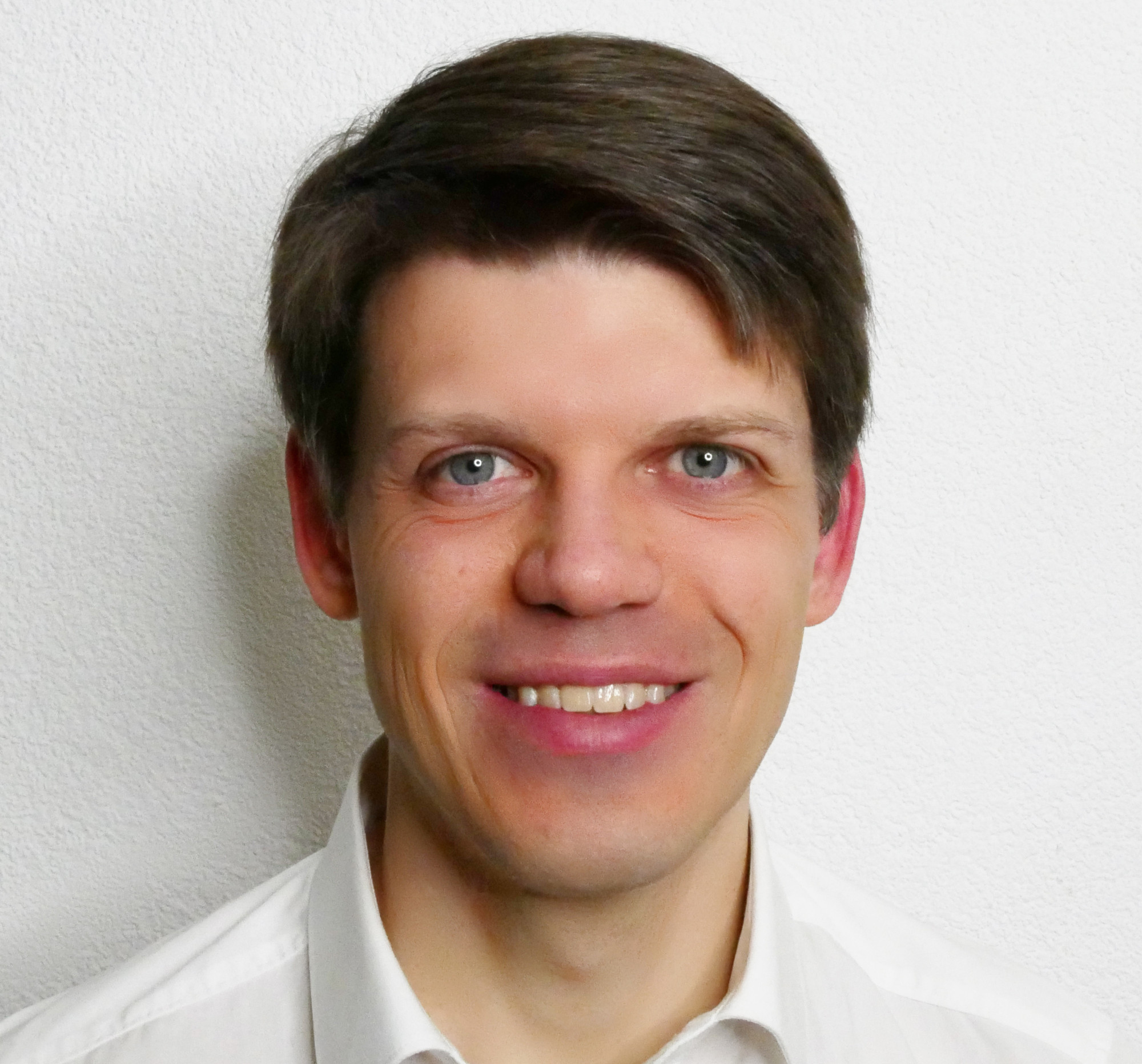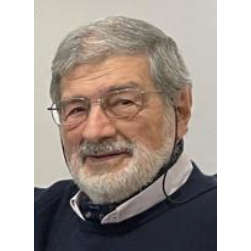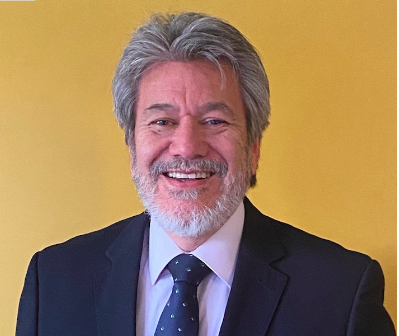Conferencista internacional

Fabiano Dalpiaz
Title: Fact or Fake? On Large Language Models In Requirements Engineering Research
Institution: Utrecht University (Netherlands)
Abstract: Thanks to their conversational interface and their wide availability, large language models (LLMs) have become an essential tool for laypeople to use on a daily basis. Researchers embraced LLMs too, both for supporting their research tasks (writing papers, generating images, searching for literature) and as a research artifact. In requirements engineering (RE) research, virtually anyone can now build automated solutions for research challenges such as ambiguity detection, model extraction, trace link recovery, and even requirements generation. This talk has two aims. On the one hand, I am going to discuss ongoing work and research opportunities in RE that are enabled or facilitated by the advent of LLMs. On the other hand, I will stress the importance of conducting credible empirical research, especially when using LLMs or other GenAI technologies. The talk will emphasize the tension between the affordability of these new technological tools and the research rigor that is necessary to advance the maturity of the RE research field.
Résumé: Fabiano Dalpiaz is a professor of Software Production in the Department of Information and Computing Sciences at Utrecht University in the Netherlands. Fabiano is the principal investigator in the department's Requirements Engineering lab. In his research, Fabiano blends artificial intelligence with information visualization in order to increase the quality of the requirements engineering process and artifacts. Fabiano devises software tools that assist human analysts and stakeholders in eliciting, expressing and analyzing requirements. Most of his research is validated empirically via experiments and/or collaboration with software companies. Fabiano was program co-chair of IEEE RE 2023, REFSQ 2021, RCIS 2020 and an associate editor for the Requirements Engineering Journal and the Business & Information Systems Engineering Journal.
Conferencista Local

Alejandro Oliveros
Title: Cyber-Physical Systems and Requirements Engineering
Institution: National University of Tres de Febrero (Argentina)
Abstract: Advances in hardware-related technology have driven the creation and implementation of extremely complex systems capable of managing physical and organizational processes of various sizes through the integration of software and hardware. The so-called Cyber-Physical Systems (CPS) achieve an unprecedented integration of software and hardware, including the intensive use of communication systems. Fields such as Industry 4.0 or the Internet of Things (IoT) are essentially associated with the conceptualization of CPS. In the most technologically advanced regions, increasing attention is being paid to programs that promote the construction and implementation of these types of systems.
The integration of the digital and physical worlds presents Requirements Engineering (RE) with a wide range of challenges, due to the union of two very different realms, where concepts such as modeling play a very different role in each domain, and other concepts, such as Non-Functional Requirements and time, gain much greater importance than in other types of systems.
This talk aims to present the basic characteristics of CPS, address the challenges faced by RE, and propose lines of action for the RE community.
Résumé: Alejandro Oliveros is the director of the Computer Engineering Program in the Department of Science and Technology at the National University of Tres de Febrero. He has taught at several universities, both at undergraduate and graduate levels, notably in the Master's in Software Engineering at the National University of La Plata. He has supervised and co-supervised numerous master's and doctoral theses in the field of Requirements Engineering. Alejandro has been associated with WER since its inception and has held executive positions in the field of information systems in companies within the industrial and service sectors.
Conferencistas de la Industria

Jorge Ceballos
Title: Abordaje multidimensional para el diseño de requisitos de un Ecosistema Digital de Integrabilidad y su impacto en los requisitos del diseño de software
Institution:
- Consultor y participante en subcomités de calidad de IRAM y Docente investigador de la Universidad de Belgrano
Abstract: Las organizaciones públicas y privadas cuentan con sistemas informáticos que necesitan intercambiar datos entre sí, de manera eficiente, confiable y segura para lograr sus objetivos.
Los Ecosistemas Digitales de Integrabilidad (EDI) logran que los sistemas de múltiples proveedores y tecnologías interoperen/convivan digitalmente en un ecosistema digitalmente seguro, y permite reglas claras para acoplarse como miembros del EDI a través de requisitos simples y transparentes.
Résumé:
Jorge L. Ceballos es Especialista en Ingeniería de Sistemas de Información e Ingeniero Mecánico de la Universidad Tecnológica Nacional, Experto en Seguridad de la Información (DQS) y Experto en Calidad Total (ITBA). Docente en la Maestría de Ingeniería en Calidad en la Facultad Regional Buenos Aires - UTN. Docente de grado en la Universidad de Belgrano (UB) y en la Universidad Nacional de la Matanza. Dirige un proyecto de investigación en Evaluación de Ciberseguridad del producto software en UB, y es coautor de varios artículos científicos en revistas y congresos nacionales e internacionales. En el IRAM (Organismo Argentino de Normalización y Certificación) ha sido responsable de la certificación de conformidad de productos software. Además, Auditor y Capacitador. Actualmente, participa en varios subcomités de Calidad en Tecnología de la Información; de Seguridad de la Información y de Gestión de Riesgos.